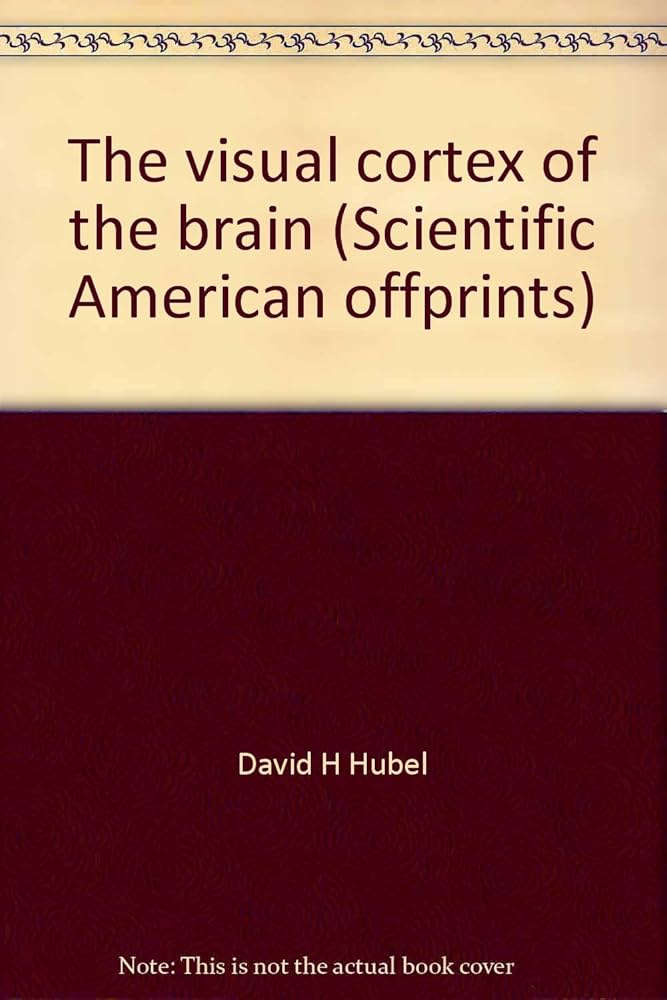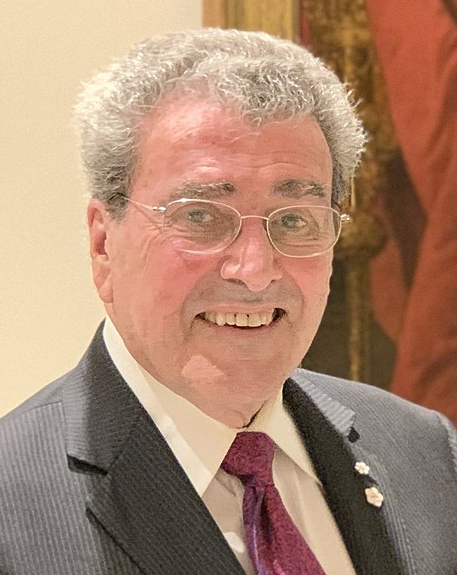2006 INDUCTEE David H. Hubel, MD Brain & Mind
February 27, 1926
(Windsor, Ontario)
September 22, 2013
MD, McGill University (1951)
1983: Golden Plate Award of the American Academy of Achievement
1982: Foreign Member of the Royal Society of Great Britain
See All AwardsAwards & Honours:
1983: Golden Plate Award of the American Academy of Achievement
1982: Foreign Member of the Royal Society of Great Britain
1982: Fellow of the American Philosophical Society
1981: Nobel Prize in Medicine
1979: Louisa Gross Horwitz Prize
1971: Fellow of the National Academy of Sciences
1969: Dickson Prize, Carnegie Melon University
1965: Fellow of the American Academy of Arts and Sciences
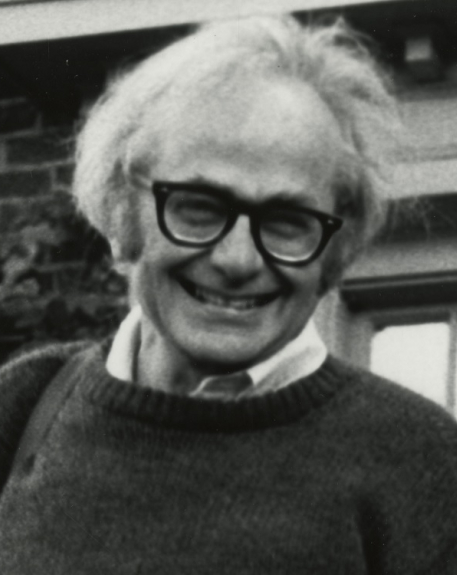
Co-founded the field of modern research of the visual system of the brain
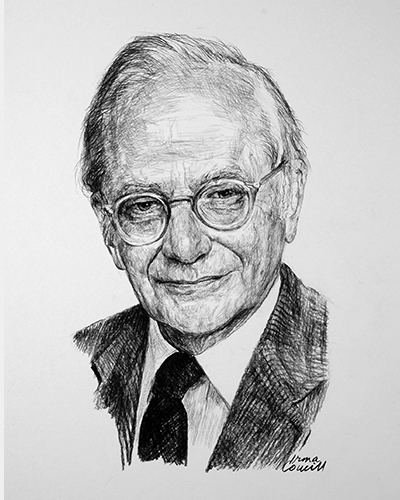
One of the greats of neuroscience
David H. Hubel moved to Montreal at the age of three where he was raised and eventually graduated from McGill University with degrees in mathematics, physics, and medicine. Dr. Hubel taught and conducted research at Harvard University Medical School where he co-authored a series of ground-breaking papers on his studies of the visual cortex.
His experiments with Dr. Torsten Wiesel showed how certain cells "read" information, which is subsequently processed with greater complexity by other cells. The messages are then sent to the higher centres of the brain where a visual impression is created, and the memory of the image is stored. This research established the concept of "critical periods" and showed that if an animal failed to receive adequate visual experiences, the result was a decline in the performance of the visual system.
Key Facts
Recorded single neurons from among the millions in the visual cortex using his Tungsten electrode
Made the visual cortex the most mapped out section of the brain
Explored the electrical impulses of cortical nerve cells in cats
Revealed the impact of visual impairments on the developing brain
Demonstrated the principle of ocular dominance whereby neurons have a greater reaction to one eye over the other
Received 12 Honorary Degrees
Professional timeline
Impact on lives today
Dr. Hubel’s discoveries have produced a greater understanding of brain development in the critical stages of human development following birth. Furthermore, his studies showed how the visual cortex is organized, and how this cellular organization can be modified by experience. These findings continue to have important implications in clinical medicine by emphasizing the importance of correcting, at an early stage, strabismus—a condition in which the eyes are crossed—as well as congenital cataracts. Additionally, his work laid the foundation for today’s neurological research that seeks to further reveal the functional brain circuits that underlay behaviour.
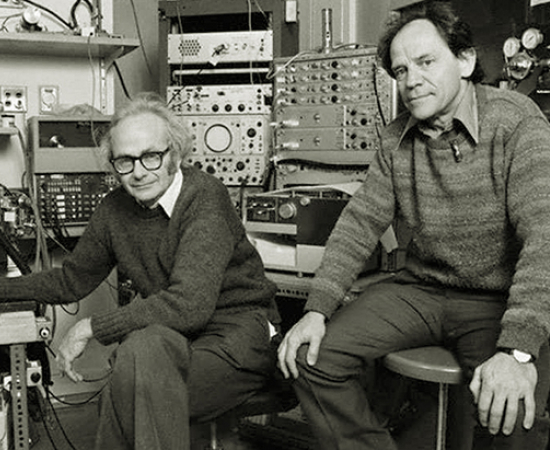
2006
-
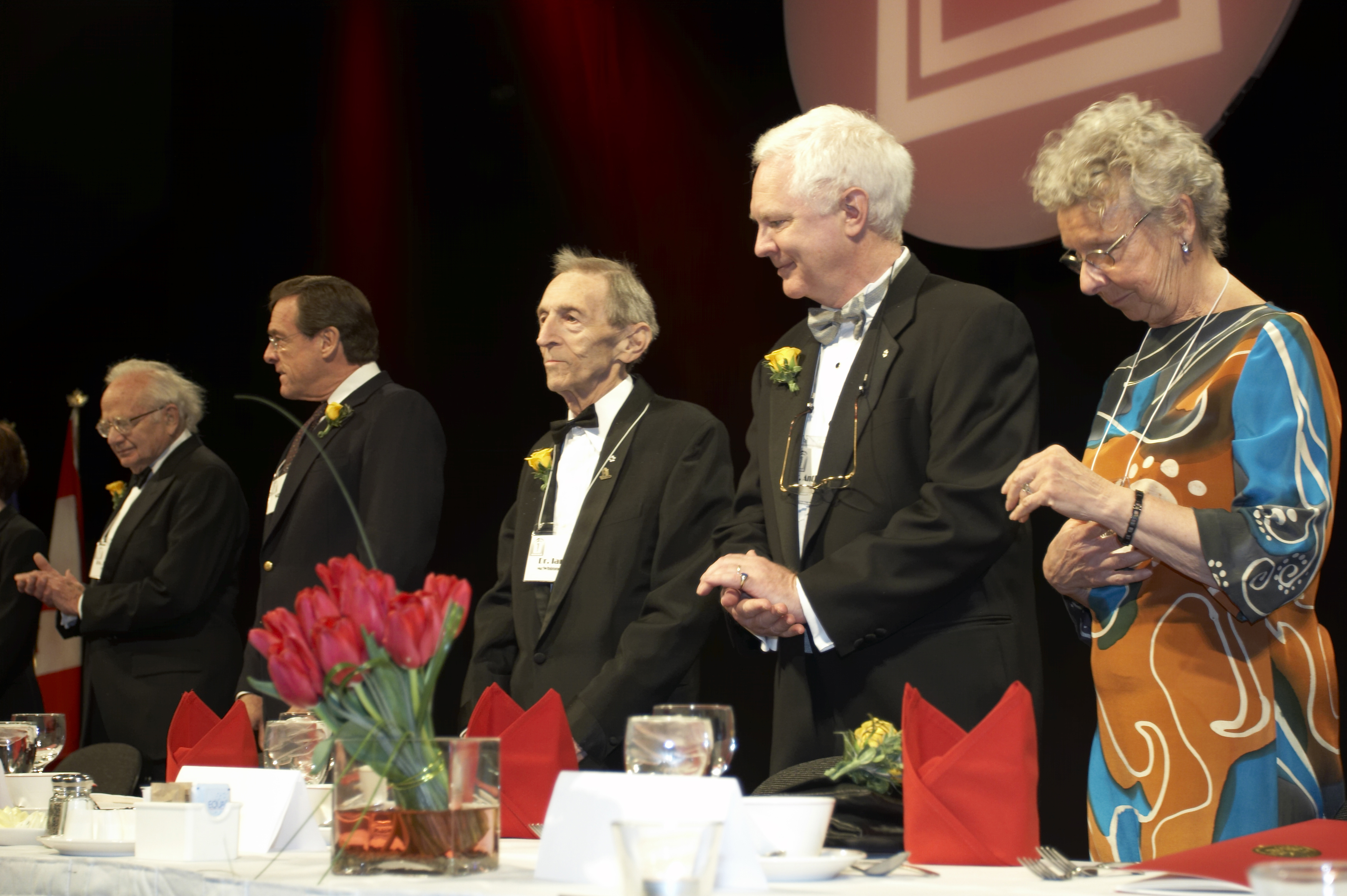
David H. Hubel inducted into the Canadian Medical Hall of Fame
Edmonton, Alberta
-
Dr. Hubel was awarded the Nobel Prize for Physiology or Medicine for his contributions to our knowledge of how visual information is processed
Brain & MindHe shared this honour with Torsten Wiesel and Roger W. Sperry.
-
Dr. Hubel and Torsten Wiesel co-authored Brain Mechanism of Vision
Brain & MindMany years later, in 2004, they published a retrospective on their teamwork in Brain and Visual Perception: The Story of a 25-year Collaboration.
-

Dr. Hubel was named the George Packer Berry Professor of Neurobiology at Harvard University
Health and Medical Education & Training, Brain & Mind -
Dr. Hubel and Dr. Wiesel published one of their earliest ground-breaking papers
Brain & MindAmong its many contributions, the paper suggested that neurons in the visual cortex could be categorized by the stimuli they responded to.
-

After finally arriving at Johns Hopkins in 1958, Dr. Hubel continued his studies of the visual cortex at the Wilmer Institute
Brain & MindThe following year, he joined Harvard Medical School where he began collaborating with Dr. Torsten Wiesel.
-

Dr. Hubel applied for a year of neurological study at Johns Hopkins
Brain & MindHis arrival at Johns Hopkins was delayed by the outbreak of the Korean War. During the war, Dr. Hubel worked in the Neuropsychiatry Division of the Walter Reed Army Institute of Research in Washington, DC. It was at Walter Reed that he began his research into the visual cortex.
-
Dr. Hubel graduated from medical school
Deciding to remain in Montreal, he began his residency at the Montreal General Hospital.
-

After graduating from McGill University with a degree in mathematics and physics, Dr. Hubel began medical school
During the summers, he worked at the Montreal Neurological Institute under the supervision of Dr. Herbert Jasper. While at the Institute, Dr. Hubel developed a keen interest in the nervous system.
1947
If research wasn’t fun, one wouldn’t do it.

